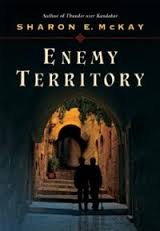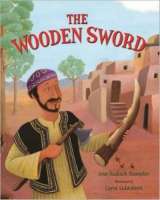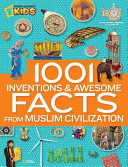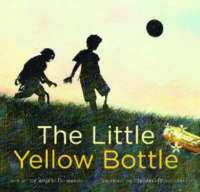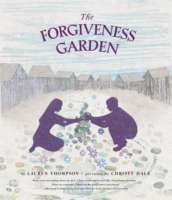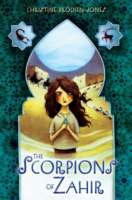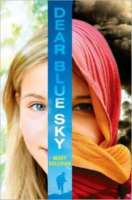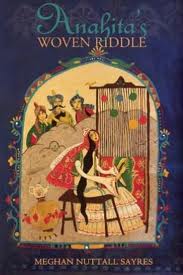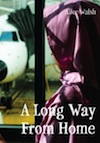
Thirteen-year-old Rabia, along with her mother and younger brother, flees Afghanistan and the brutal Taliban for Pakistan. Some months later, they take part in a program that is relocating refugee widows and orphans to America. However, their flight falls on the fateful morning of 9/11. After the terrorist attack on the World Trade Center in New York City, their plane is diverted to Gander, Newfoundland. Also on the plane is a boy named Colin, who struggles with his prejudices against Rabia and her family after they are all stuck in Gander. The people in the small community open their hearts and their homes to the stranded passengers, and their kindness might be the bridge to bring Rabia and Colin’s families together.

